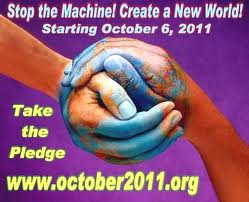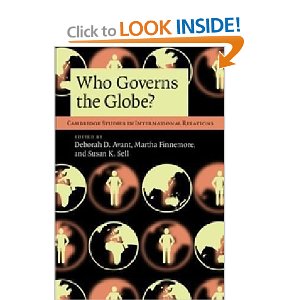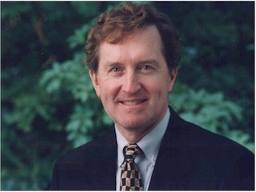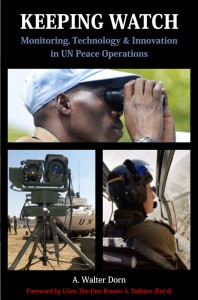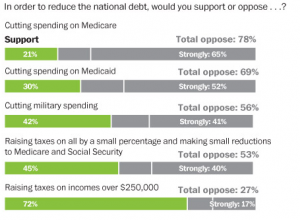
About
The Program for Public Consultation (PPC) is a newly-established joint program of the Center on Policy Attitudes (COPA) and the School of Public Policy at the University of Maryland. PPC has been established to develop the methods and theory of public consultation and to conduct public consultations. In particular it will work with government agencies to help them consult their citizens on key public policy issues that the government faces.
What Is Public Consultation?
Public consultation is a means to improve democratic governance by helping governments consult their citizenry on the key public policy issues the government faces. Public consultations are conducted with representative samples of the citizenry. Using standard scientific methods of random sampling, a sample is chosen and subsequently weighted to reflect the population census on all major demographic variables, thus producing an accurate microcosm of the citizenry.
Responding to the Crisis of Democracy
PPC was developed in response to extensive evidence that democracy is in a crisis. The core principles of democracy are widely endorsed around the world, especially the principle that the will of the people should be the legitimating basis for government decisions.However, there is a widespread perception in the publics of democratic countries that their governments do not serve the common good of the people, but rather serve organized special interests that have the means to exert disproportionate leverage over government decisions.
See Also:
Continue reading “Worth a Look: Program for Public Consultation”

